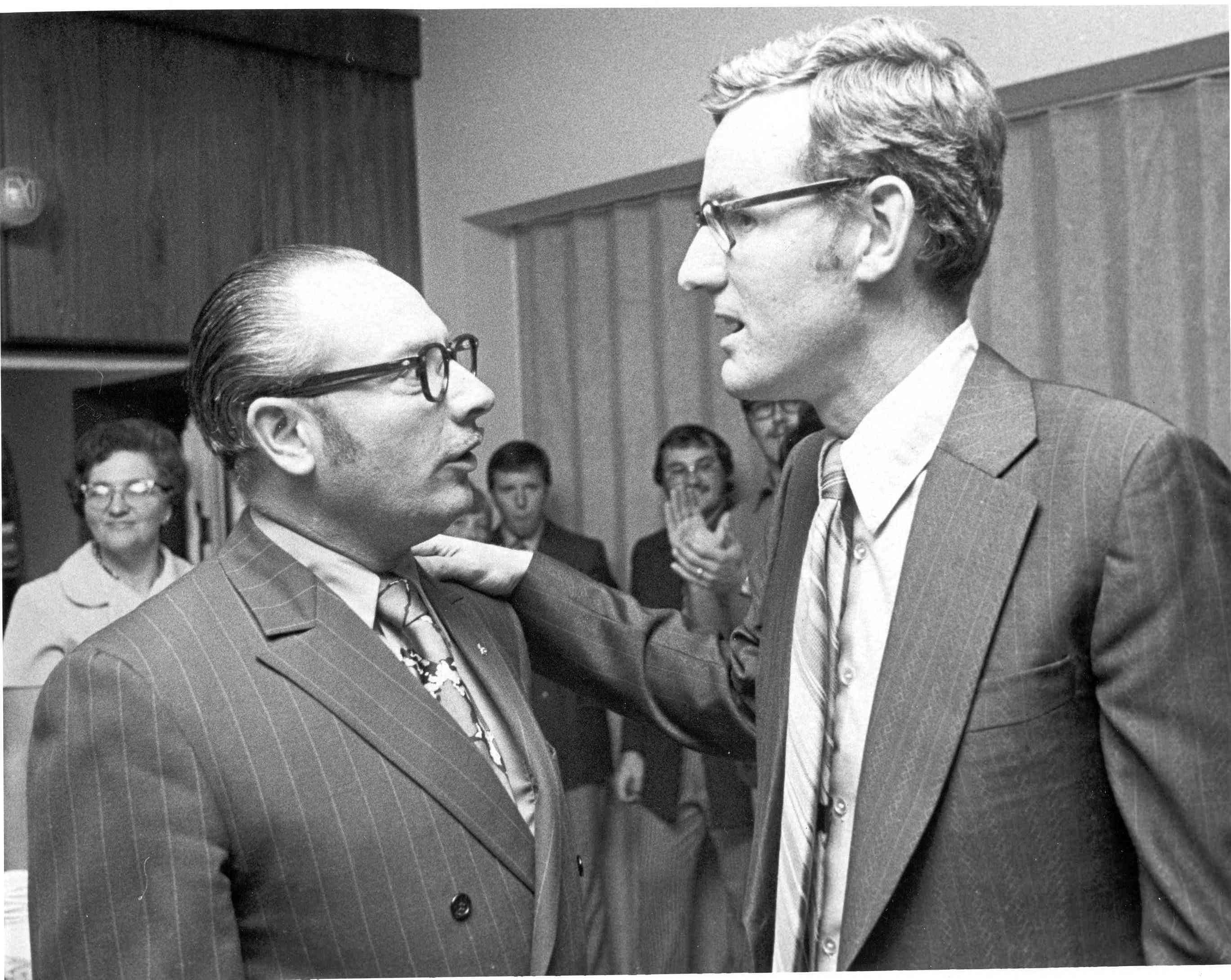1971 was a year of huge changes in Alberta.
The age at which kids legally become adults was dropped from 21 to 18.
For only the third time in Alberta history, the provincial government changed. Even the way we tell time changed as daylight savings time was finally approved.
The first change was the dropping of the age of majority from 21 to 18 on April 1, 1971.
Alberta was only the third province in Canada to make such a move. However, like Manitoba, but unlike the neighboring British Columbia the age was dropped to 18 and not 19 years of age.
The first noticeable consequence was that older teenagers, a great many of whom were still in high school could now legally go to the bar and buy alcohol at the local Alberta Liquor Control Board store.
This caused great excitement.
The local licensed liquor establishments were quickly swamped with large numbers of young people eager to try the new experience.
Moreover, because many of the vendors and bar staff were unused to determining who might be 18 and who might not, quite a few of those showing up were in fact not yet legally of age.
The A.L.C.B. soon brought in a special colour photo identification card that seemed to help reduce the problem somewhat.
Nevertheless, human nature being what it is, quite a few teenagers found ways to manufacture fake I.D.’s. Others decided to take the risk of getting caught and continued to show up in the bars and lounges anyways.
The next big change occurred at the end of August when all the new adults got a chance to vote in a provincial general election.
For sometime, it had been apparent that the 36-year-old Social Credit government was under serious threat from the young, dynamic Peter Lougheed and his Progressive Conservative team.
The Lougheed Conservatives had done well in the 1967 election. However, despite the respectable showing, the P.C.’s were still only able to win six seats.
In the succeeding four years, the Progressive Conservative party continued to grow in strength and numbers. By the eve of the 1971 election, the party had grown from 6 to 10 MLA’s through by-election victories and defections from other parties.
There was a significant change to the electoral map as well. Ten new constituencies were created, mainly in urban Alberta.
In the case of Red Deer, a new provincial riding was created for the City, with the surrounding rural areas becoming part of the new Innisfail constituency.
On Aug. 30, 1971, even the optimistic Progressive Conservatives were overwhelmed by the results. They won 49 of the 75 seats, while Social Credit was only able to hang onto 25. In Red Deer, a bright young lawyer, Jim Foster, scored an impressive victory with 48% of the vote.
Ironically, province-wide, the Social Credit party got 40,000 more votes than in 1967, but still lost decisively. The difference was that the usually apathetic voters turned out in far greater numbers than before. Moreover, with constituency redistribution, urban voters were much more fairly represented.
The final big change also occurred on Aug. 30, 1971.
In a special plebiscite held on the same day as the general election, daylight savings time was finally approved by almost two-thirds of the electors. It was the sixth time that the proposal had been put to the electorate.
By fall, the great sweep of change finally seemed to abate. In the municipal elections held in October, almost all the mayors and councilors standing for re-election were returned. In Red Deer, the very popular Mayor Ed Barrett was re-elected by a two to one margin.
With respect to provincial politics, the government has not changed since. The Progressive Conservatives have, as of yesterday, held power for 40 years and still counting.



